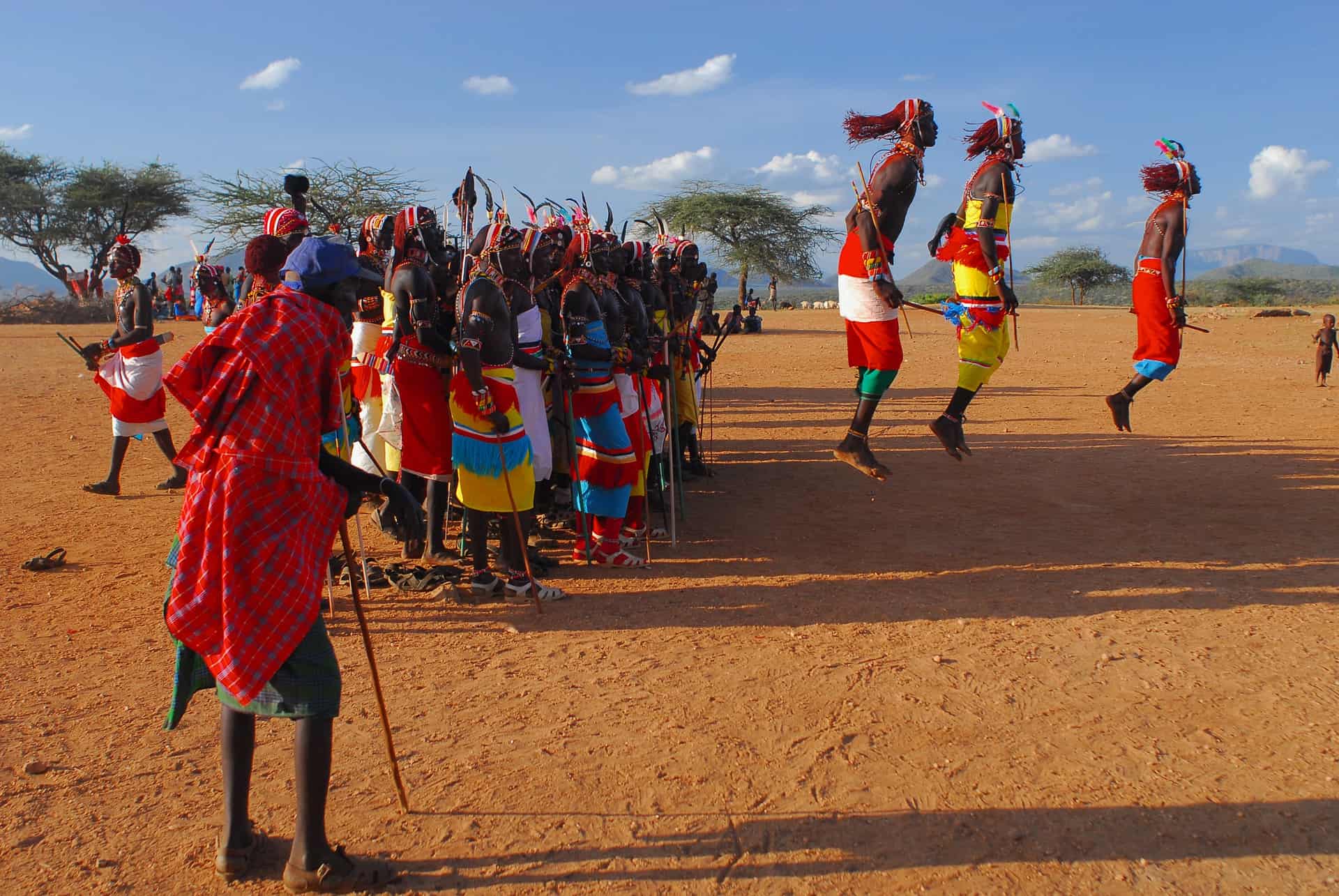
Ever heard of a customary marriage? If you’re married under customary law, a recent change in the law could significantly impact your property rights. Here’s a breakdown of what you need to know in simple terms.
The History: A Legacy of Inequality
The Recognition of Customary Marriages Act, while aiming to recognise customary marriages, included an unfair clause. This clause applied specifically to wives in polygamous customary marriages entered into before the Act came into effect (pre-Act marriages). Under these provisions, wives often had no legal ownership or control over marital property. Essentially, the husband held all the power in terms of how the family’s wealth was managed. This legal discrimination based on gender was challenged, and the courts ruled in favour of equality.
The New Landscape: Equal Rights for All Spouses
Thanks to a recent court ruling and a subsequent amendment to the Act, things have finally changed for the better! This new law ensures that wives in pre-Act polygamous marriages now have the same rights as their husbands regarding marital property. This means a significant shift towards a more equitable system:
- Joint Ownership: Both husband and wife will jointly own marital property. This dismantles the previous system where the husband held sole ownership.
- Shared Decision-Making: Decisions about managing and using marital property will be made together, considering the best interests of the entire family unit. This fosters transparency and ensures that all parties have a say in how the family’s wealth is managed.
- Fairness Across Households: The new law applies not only to the main house but also to any other houses within the family unit. This ensures that all wives, regardless of which house they reside in, have equal ownership rights.
Protecting Your Personal Property
The new law recognises the importance of protecting individual wealth as well. You’ll still have exclusive ownership and control over things you owned before the marriage, like personal belongings or inheritances.
A Slight Twist: Retroactive Application with a Caveat
The new law applies retroactively, meaning it covers pre-Act marriages. However, there’s a specific situation to consider. If someone received marital property before knowing about the legal challenge to the old Act, the new law won’t apply to that specific transfer. This might seem confusing, especially if property transfers happened a long time ago. Here’s what you can do:
- Open Communication: Talk to your spouse(s) about the new law and how it affects your marital property. Discuss any existing property ownership or past transfers that might be unclear in light of the new legislation.
- Seek Legal Advice: If you have questions or concerns about past property transfers, consider seeking legal advice, contact us, we specialise in family law and customary marriages. A qualified professional can help you understand your rights under this new amendment and navigate any potential complexities.
Knowledge is Power: Take Charge of Your Future
If you’re in a pre-Act polygamous customary marriage, this new law is a positive development! It ensures a fairer and more secure future for you. By understanding this change, you can take an active role in managing your family’s wealth and ensuring your financial well-being.


Recent Comments